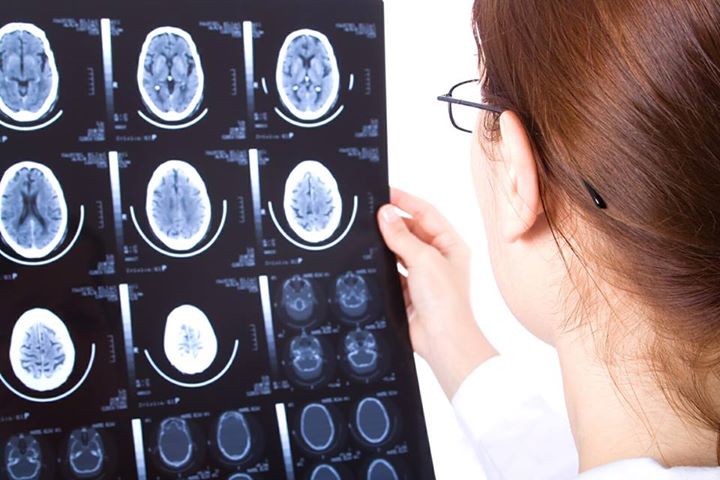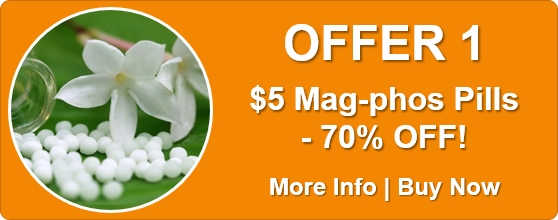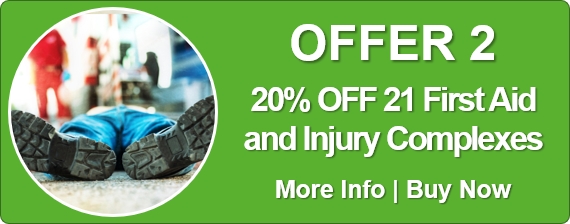Research and Paywalls: Homeopathy Plus regularly reports on homeopathic research, past and present, but we can’t link to complete research papers if they are behind a journal paywall - we can only provide a summary and abstract. If you wish to access a full paper from behind a paywall, please click on the link provided for the publisher’s purchase options.
Brain Injury – Homeopathic Help
 In a 2009 study, homeopathy stimulated significant improvement in people with traumatic brain injury, even when that injury was many years old.
In a 2009 study, homeopathy stimulated significant improvement in people with traumatic brain injury, even when that injury was many years old.
Patients entered the study via their rehabilitation therapists and neurologists after struggling with persistent problems such as short attention span, slowed thinking, reduced ability to learn and process information, headaches, fatigue, sleep disturbances, impatience; frustration, confusion, poor judgement, depression, mood swings, blurred vision, vomiting, and a number of other less common symptoms.
They were all classified as having mild traumatic brain injury.
During treatment, the individual pattern of each patient’s symptoms was cross-referenced to a corresponding homeopathic remedy known to elicit or improve those symptoms.
The group reported significant improvement, especially in their ability to understand technical or work-related information, follow instructions, read newspapers or novels, do housework, and socialise successfully in small or large groups.
Some who had been unable to work for years were also able to return to work.
The paper provides a table of the eighteen homeopathic remedies with their “keynote symptoms” which were used during the study. They were:
- Argentum nitricum (Silver nitrate, AgNO3 ). Anticipation, impulsiveness, agoraphobia, claustrophobia, vertigo, and photophobia.
- Arnica montana (Leopard’s Bane). Sore, bruised sensations, denial of illness, hopeless indifference, vertigo, head feels hot or enlarged, and diplopia.
- Aurum metallicum (Gold, Au). Suicidal depression, feeling of neglecting one’s duty, music ameliorates, violent headaches often with chest oppression, and photophobia.
- Baryta carbonica (Barium carbonate, BaCO2 ). Slow comprehension, irresolution, lack of confidence, feels people are ridiculing, and numbness of parts lain on.
- Calcarea carbonica (CaCO2 ) Flabby, fear of insanity and being observed, chilliness, profuse perspiration, worse on exertion, and sleeplessness from cares.
- Cicuta virosa (Water hemlock) Convulsions, cramps, strabismus, objects in the vision appear to approach and recede, tinnitus, childish behavior, estrangement, and want of confidence in mankind.
- Cocculus indica (Indian cockle) Worse loss of sleep, reaction time slowed, nausea from sight or smell of food, car sickness, weakness, numbness, trembling, empty and hollow sensation.
- Helleborus niger (Snow-rose) Stupor, staring/thoughtless, slow, forgetful, feels doomed, what the patient sees, hears or tastes makes no impression on the mind, and worse 4–8 p.m.
- Hyoscyamus niger (Henbane) Suspicion, violent outbursts, loquacity or silent disposition, shamelessness, playing with fingers, twitchings, jerks, and cramps.
- Hypericum perforatum (St. John’s Wort) Mistakes in writing, omitting letters, injuries to nerves-attended with headache, vertigo, convulsions, neuralgic pains worse with change of weather.
- Lachesis muta (Bushmaster snake venom) Overactivity, loquacity, vivid imagination, passionate and intense, better discharges, especially menses, left-sided complaints, and worse after sleep.
- Natrum muriaticum (NaCl) Defensive, closed, cautious, dwells on past, disagreeable occurrences, silent grief, averse to consolation, headaches, desire for salt, worse with heat, sun, and at the seaside.
- Natrum sulphuricum (NaSO4 ) Objective, realistic, no delusions, sadness and suicidal tendency, headaches, photophobia, vertigo, worse, dampness, aggravated in the morning after rising, and at 4–5 a.m.
- Nux moschata (Nutmeg) Dreamy, confused, slowness of response, overpowering sleepiness, sensation of extreme dryness of mouth and throat, yet no thirst.
- Nux vomica (Poison-nut) Ineffectual urging [work, stool, micturition], fastidious, ambitious, unrefreshed, irritable, depressed, chilly after over medication, use of stimulants, and cramps.
- Papaver somniferum (Opium) Disassociation after fright, flashbacks, unaffected by external impressions, or boldness and fearlessness, somnolence, snoring respiration, and constipation.
- Silica (SiO2 ) Obstinate, fixed ideas, lack of confidence, fastidious, occipital headaches, sensitive to noise, drafts, and slowness.
- Sulphur (S) Self-centerd, theorizing, no depth or focus; lazy, messy, warm-blooded, burning pains and sensations, offensive, excoriating discharges, desire for sweets and spicy food, and itching.
The researchers noted that limitations of the study, such as a restricted number of remedies and potencies, and the short duration of treatment, may have resulted in an underestimation of the improvements possible.
Following the results of this study, and with brain injury being such a disabling problem, it would seem wise to incorporate and trial homeopathy in the treatment plans of those affected by an injury.
To date, no formal study has been conducted with the seriously brain-injured, but clinical experience of the past two centuries indicates it has been just as helpful there.






